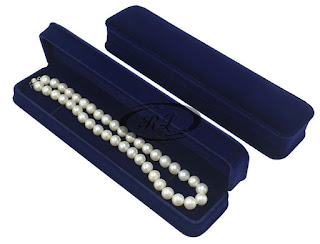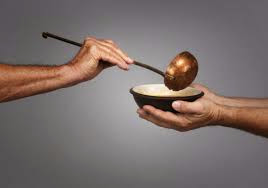He developed an indomitable affection and love towards mathematics and possesses exceptional mathematical abilities.
His role model is great Indian mathematician “Ramanujan”. During graduation, He submitted papers on Number Theory, which were published in Mathematical Spectrum and The Mathematical Gazette. He worked hard and dreamed of getting into one of the world’s best university “Cambridge”. And one day he got it, admission to Cambridge.
But…Very soon he realized that his father cannot afford his education at Cambridge. He and his father searched helplessly for a sponsor all over India but nobody came up. And one day his family’s only breadwinner: his father died and his last hope of getting good education diminished. He gave up the dream of Cambridge and came back to his home in Patna, Bihar.
He would work on Mathematics during day time and would sell papads in evenings with his mother, who had started a small business from home, to support her family. He also tutored students in maths to earn extra money. Since Patna University library did not have foreign journals, for his own study, he would travel every weekend on a six-hour train journey to Varanasi, where his younger brother, learning violin under N. Rajam, had a hostel room. Thus he would spend Saturday and Sunday at the Central Library, BHU and return to Patna on Monday morning.He rented a classroom for Rs 500 a month, and began his own institute, the Ramanujam School of Mathematics (RSM). Within the space of year, his class grew from two students to thirty-six, and after three years there were almost 500 students enrolled. Then in early 2000, when a poor student came to him seeking coaching for IIT-JEE, who couldn’t afford the annual admission fee due to poverty, Kumar was motivated to start the Super 30 program in 2003, for which he is now well-known.
Every year in August, since 2003, the Ramanujan School of Mathematics, now a trust, holds a competitive test to select 30 students for the ‘Super 30’ scheme. About 4,000 to 5,000 students appear at the test, and eventually he takes thirty intelligent students from economically backward sections which included beggars, hawkers, auto-driver’s children, tutors them, and provides study materials and lodging for a year. He prepares them for the Joint Entrance Examination for the Indian Institutes of Technology (IIT). His mother, Jayanti Devi, cooks for the students, and his brother Pranav Kumar takes care of the management.
Out of 270 students he tutored from 2002-2011 236 students have made an admission to IIT. All of them came so poor background that their parents were Hawkers, Auto-drivers, laborer etc
.
During 2003-2009, 182 students out of 210 have made it to the IITs.
In 2010, all the students of Super 30 cleared IIT JEE entrance making it a three in a row for the institution.
Anand Kumar has no financial support for Super 30 from any government as well as private agencies, and manages on the tuition fee he earns from the Ramanujam Institute. After the success of Super 30 and its growing popularity, he got many offers from the private – both national and international companies – as well as the government for financial help, but he always refused it. He wanted to sustain Super 30 through his own efforts. After three consecutive 30/30 results in 2008-
2010, in 2011, 24 of the 30 students cleared IIT JEE.Anand’s work is now well received from all over the world :USA’s president obama read about Anand in TIME magazine and sent a special envoy to check the work done by him and offered all the assistance and Anand never accepts help irrespective of helper.
Discovery Channel broadcast a one-hour-long program on Super 30, and half a page has been devoted to Kumar in The New York Times.
Actress and ex-Miss Japan Norika Fujiwara visited Patna to make a documentary on Anand’s initiatives.
Kumar has been featured in programmes by the BBC.
He has spoken about his experiences at Indian Institute of Management Ahmedabad.
Kumar is in the Limca Book of Records (2009) for his contribution in helping poor students crack IIT-JEE by providing them free coaching.
Time Magazine has selected mathematician Anand Kumar’s school – Super 30 – in the list of Best of Asia 2010.
Anand Kumar was awarded the S. Ramanujan Award for 2010 by the Institute for Research and Documentation in Social Sciences (IRDS) in July 2010.
Super 30 received praise from United States President Barack Obama’s special envoy Rashad Hussain, who termed it the “best” institute in the country. Newsweek Magazine has taken note of the initiative of mathematician Anand Kumar’s Super 30 and included his school in the list of four most innovative schools in the world.
Anand Kumar has been awarded by top award of Bihar government “Maulana Abdul Kalam Azad Shiksha Puraskar” November 2010.
He was awarded the Prof Yashwantrao Kelkar Yuva Puraskar 2010 by Akhil Bharatiya Vidyarthi Parishad (ABVP) in Bangalore.
In April 2011, Anand Kumar was selected by Europe’s magazine Focus as “one of the global personalities who have the ability to shape exceptionally talented people.”








